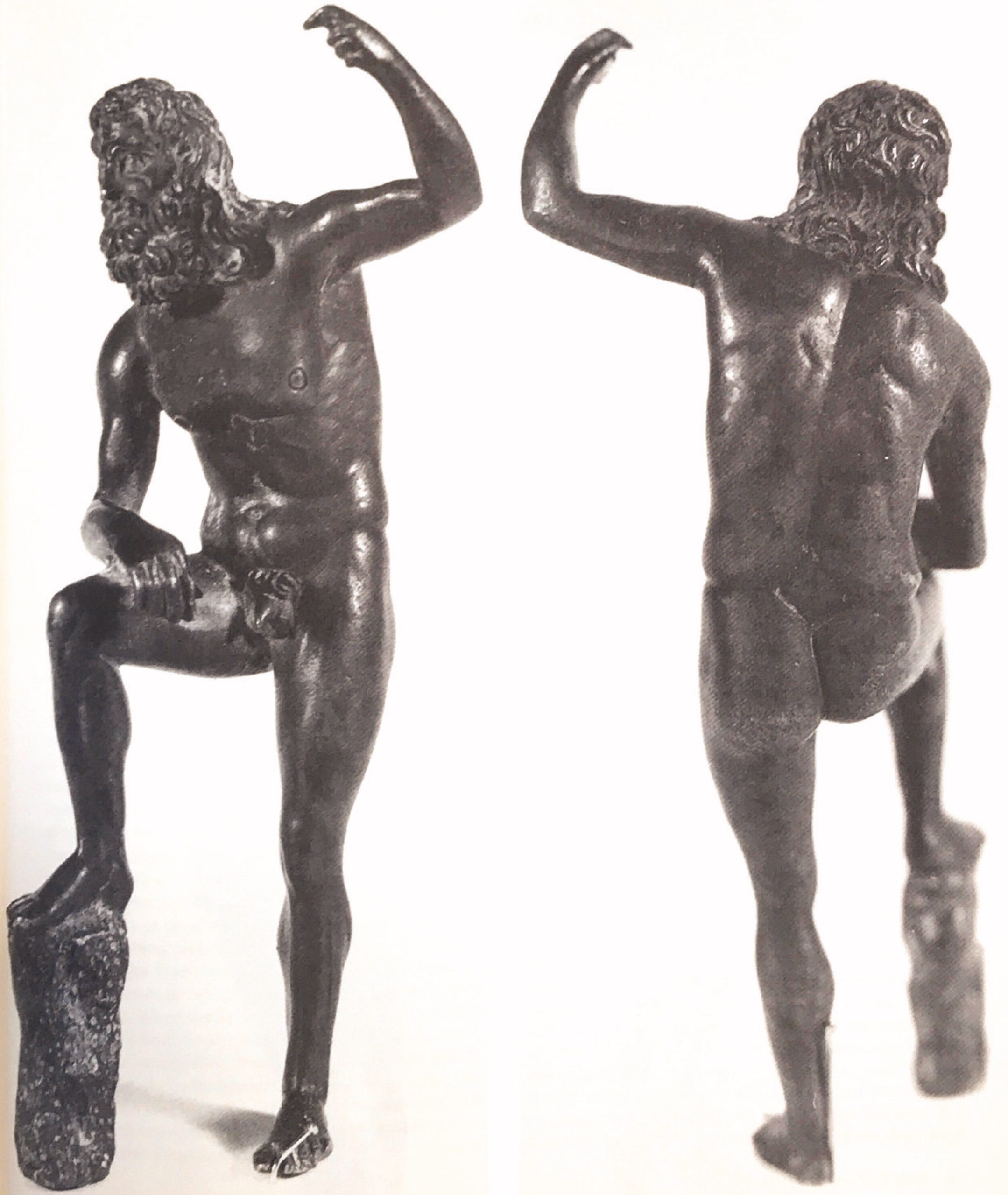
Teaching the history of architecture from a global perspective remains controversial. First, there is no consensus on what global history is or should be. Second, global history warrants a fundamental transformation of the disciplinary tactics of knowledge production and new models of grounded research in cross-border phenomena. Third, historians often feel intellectually and morally challenged as to how to tackle the epistemic framing of the Other through the institutional mandate of inclusivity. In this essay, I examine how architectural history textbooks typically frame the Roman Empire as part of the Greco-Roman foundation of “Western civilization.” I then highlight how Rome’s long-distance trade relationships, strategic alliances, taxation policies, and frontier activities render untenable the historical canon’s essentialization of the Roman Empire as a cohesive Mediterranean unit propelled by its internal dynamics. Analyzing the works of Greek historian Strabo, Greco-Roman geographer Isidore, and the anonymous author of the Periplus of the Eurythraean Sea, I demonstrate how the Roman emperor Augustus’s seizure of Egypt after the Battle of Actium in 30 BCE transformed Rome’s economic and imperial aspirations. I argue that just because we can now use recent research to highlight Rome’s “trans-civilizational encounters” with Afro-Eurasian regions does not mean that it is easy to de-center an entrenched academic tradition. But global histories can provide architecture students with new insights into the challenges of articulating history as a narrative of entangled human experiences.
Continue Reading:






